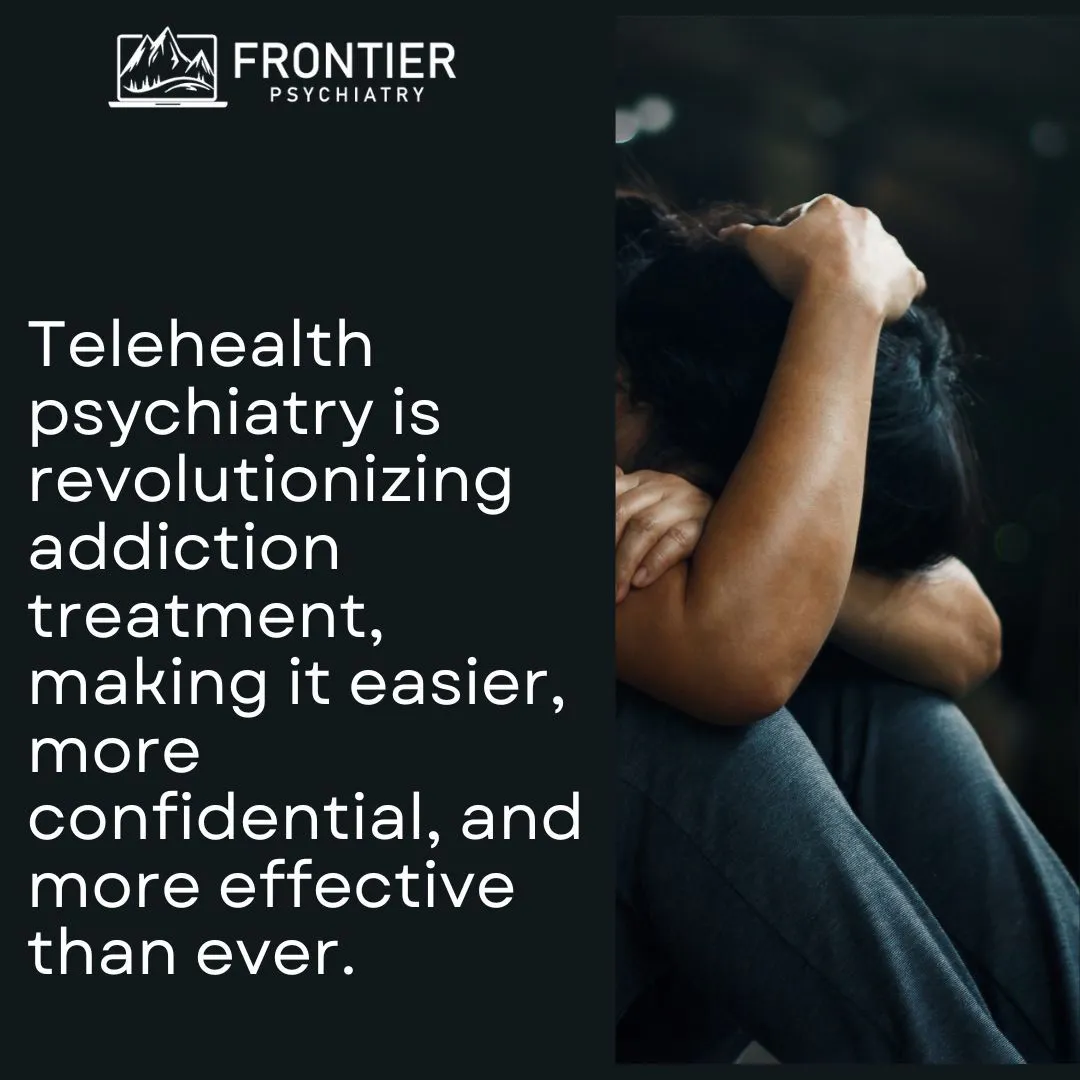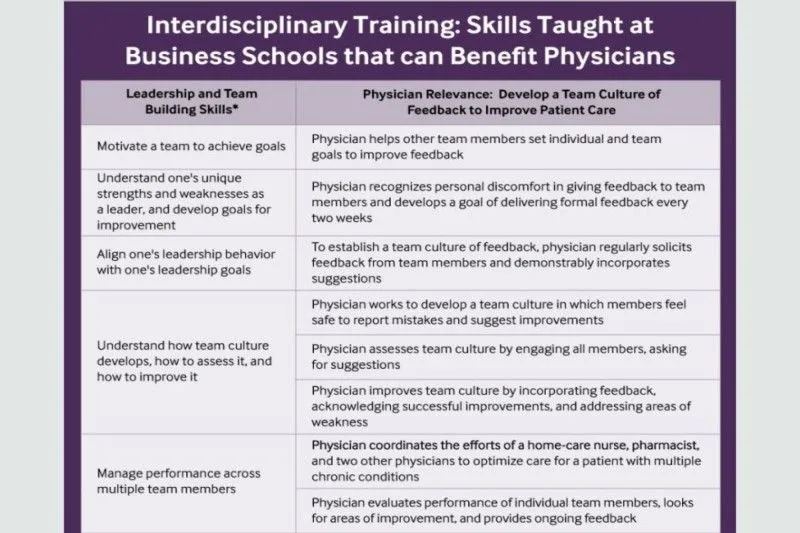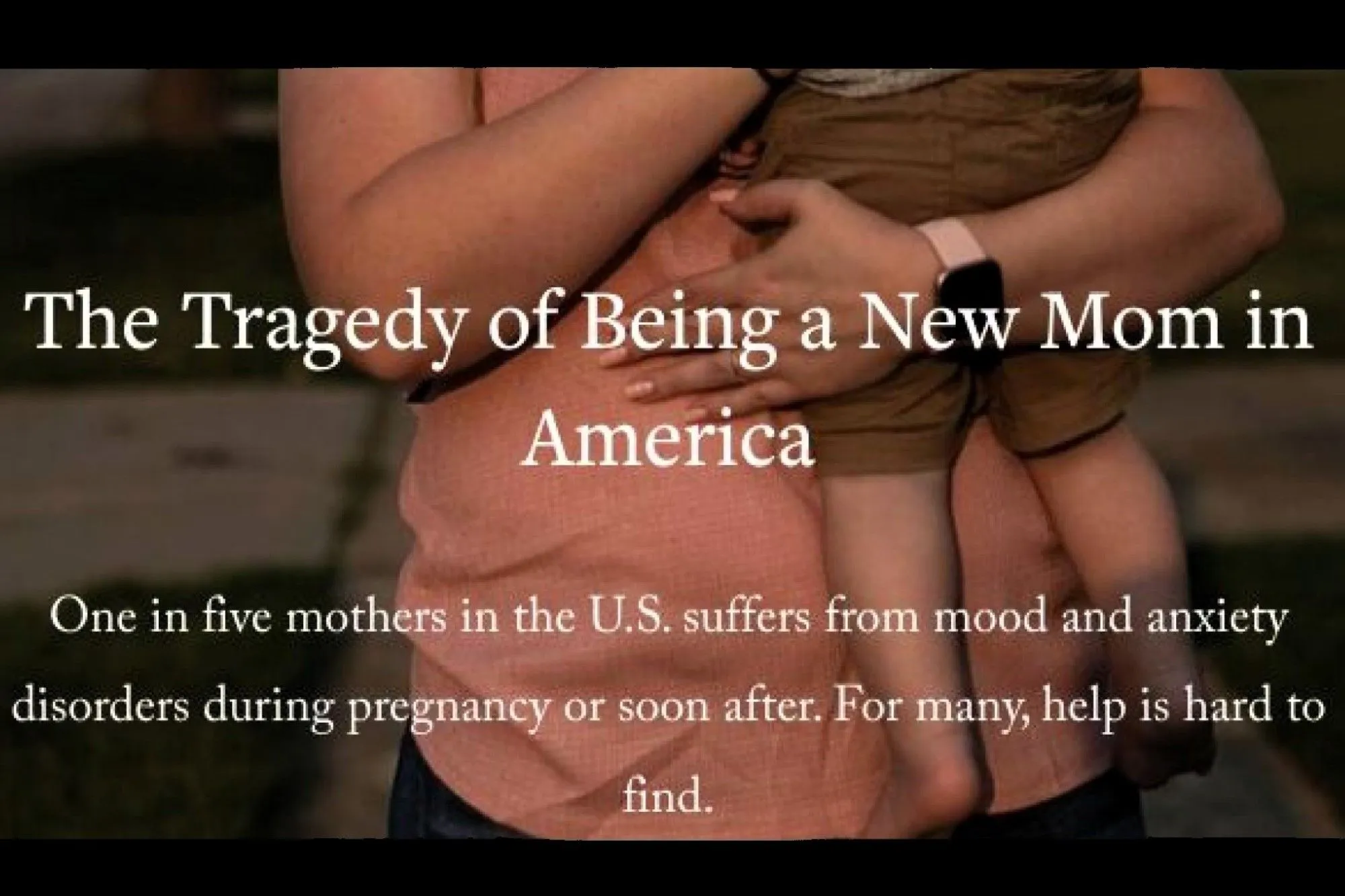Finding Hope: How to Get Help for Alcohol Use Disorder, No Matter Where You Live
You’ve been wondering about your drinking for a while now. Maybe you’ve caught yourself thinking, Is this normal? Or perhaps you’ve tried to cut back, only to find that it’s harder than you expected. You might have even Googled things like alcohol addiction treatment or alcoholism treatment late at night, only to close the tab before clicking on anything. If any of this sounds familiar, you’re not alone. So many people struggle with their relationship with alcohol but feel stuck—unsure if they really have a problem and, more importantly, unsure if there’s any real help for them.
Here’s the truth: Help exists, and it’s more accessible than ever Whether you’re in a big city or a rural town where resources seem scarce, you don’t have to do this alone. Telehealth psychiatry is changing the way people get treatment for addiction, making it easier, more private, and more effective than ever before.
Understanding Alcohol Use Disorder: It’s Not Just About Drinking Too Much Alcohol use disorder (AUD) isn’t just about how much you drink—it’s about how alcohol impacts your life. Maybe you’ve noticed that drinking makes your anxiety or depression worse, or that your relationships and work are suffering. Maybe you feel out of control, like alcohol is calling the shots instead of you. A professional alcohol use disorder assessment can help you understand where you stand. This isn’t a test you can fail—it’s just a way to get a clearer picture of your relationship with alcohol and what your next steps could be. And the best part? You can do this from home, with a licensed psychiatrist or addiction specialist via telehealth.
The Barriers to Seeking Help—and How to Overcome Them For so many people, seeking treatment feels impossible. Maybe you live in a rural area where the nearest alcohol counseling services are hours away. Maybe you’re worried about what people will think if they see you walking into a treatment center. Or maybe the idea of talking to someone about your drinking feels overwhelming. These are all valid concerns. But they don’t have to stop you from getting help. Telehealth makes alcohol treatment programs more accessible than ever. You can talk to a psychiatrist or addiction specialist from the privacy of your own home—no long drives, no waiting rooms, no worrying about running into someone you know.
How Telehealth Can Help You Start Your Recovery Journey Telehealth psychiatry is transforming addiction treatment. If you’ve been hesitant to reach out for help because of logistics, privacy concerns, or just plain fear, here’s why telehealth might be the right option for you:
- Privacy and Anonymity – You don’t have to walk into a clinic or explain to anyone why you’re seeking help. Your appointments happen in the comfort of your own space, on your schedule.
- Access to Specialists – In rural America, access to specialists—especially addiction psychiatrists—can be extremely limited. With telehealth, geography doesn’t matter. You can connect with experts in mental health and addiction no matter where you live.
- Convenience – No more rearranging your schedule or driving long distances to appointments. Telehealth makes it possible to fit treatment into your life instead of the other way around.
- Comprehensive Treatment Options – Through telehealth, you can access everything from therapy and medication management to support groups and coaching, all tailored to your unique needs.
Treatment Options: What You Can Expect You might be wondering, Okay, but what does treatment actually look like? The good news is, there’s no one-size-fits-all approach. Your treatment plan will be based on your needs, preferences, and goals.
Some of the options include:
- Therapy and Counseling – One-on-one sessions with a therapist or psychiatrist can help you understand your drinking patterns and develop healthier coping strategies. Cognitive-behavioral therapy (CBT) is particularly effective for AUD, helping you identify triggers and change the way you respond to cravings.
- Medication-Assisted Treatment (MAT) – Certain medications, like naltrexone, can reduce alcohol cravings and make it easier to cut back or quit. A psychiatrist can help determine if MAT is right for you.
- Support Groups – Virtual support groups can provide community and accountability, whether it’s through traditional options like Alcoholics Anonymous or newer, evidence-based alternatives.
- Integrated Mental Health Care – Many people struggling with alcohol also deal with anxiety, depression, or other mental health conditions. Telehealth allows for a whole-person approach, addressing both addiction and underlying mental illness at the same time.
You Don’t Have to Hit Rock Bottom to Get Help A lot of people believe that they have to wait until their drinking gets really bad before they seek help. But that’s not true. The best time to reach out is the moment you start questioning whether alcohol is playing too big a role in your life.
Recovery doesn’t have to mean quitting cold turkey if that’s not your goal. Some people aim for moderation, others for complete abstinence. What matters is finding a path that works for you. And with telehealth, you can do that in a way that feels safe and manageable.
Taking the First Step If you’ve made it this far, there’s a good chance you’re already thinking about making a change. That’s huge. Just recognizing that you might need help is a step toward healing.
So, what now? Here are a few small steps you can take today:
- Take an online alcohol use disorder assessment – This can give you clarity on where you stand and what your next steps might be.
- Look into telehealth options – Whether it’s a therapist, psychiatrist, or addiction specialist, see what virtual resources are available to you.
- Talk to someone you trust – You don’t have to figure this out alone. A supportive friend or family member can make all the difference.
- You don’t have to do this all at once. Just start with one step. Recovery isn’t about being perfect—it’s about moving forward, even when it feels hard.
Help is out there. No matter where you live. No matter how lost you feel. No matter how long you’ve been struggling. You are not alone, and you are not beyond hope.
If you’re ready to take the first step, reach out. The road to healing is closer than you think.





